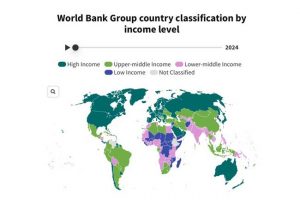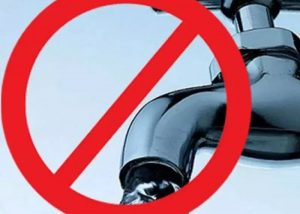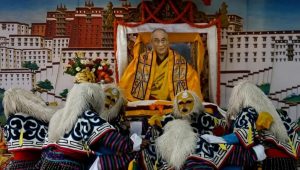Inclusive constitutional reform can empower people with disabilities, says Tikiri Kumara

Reform Watch is a video magazine program which aims to redress issues faced by marginalized communities through Constitutional Reform. Activist Tikiri Kumara Jayawardena explained to the Reform Watch team how people with disabilities can be included in a new Constitution.
Close your eyes and think about people with disabilities in Sri Lanka – try to visualise what their life is like.
Now consider Steven Hawking, Hellen Keller and Franklin Roosevelt. When you think of them, is the first thing you think about their disability?
People living with disabilities in Sri Lanka face many hurdles when attempting to access basic resources which other citizens enjoy. The 2012 report from the Department of Census and Statistics indicates that around 8.7% of people aged 5 and above have some form of disability.
Although non-discrimination for people with disabilities has been included in the Constitution, in more instances than not, it appears that it has not been granted. Even access to government buildings, the provision of signs which can be read by all and access to schools etc are a struggle for people living with disabilities. Sadly, it appears as though people have forgotten about, or choose to ignore, their fellow citizens living with disabilities.
For Tikiri Kumara Jayawardena, living with a disability has not stopped him or held him back. Working at the Elections Commision, he was able to receive a solid education and now he travels around the country on his own and even travels by bus. He says that the most important thing to consider is that a disability should never hold someone back. “There have been different models which have been promoted for people with disabilities and currently we have reached the inclusive model in developed – where we integrate people with disabilities into society as much as possible,” he says, adding that this is why many countries have ensured that people with disabilities are also able to participate in society fully.
Tikiri says that there is a lot which needs to be done in Sri Lanka to ensure that people with disabilities are included and that he believes that society will gradually evolve if they learn about people with disabilities. “In foreign countries, most people are aware that you need to help people with disabilities only when necessary so that they are able to be independent but in Sri Lanka people come running to help because they do not know. That is not a bad thing. This shows that Sri Lankans are kind and it means that when they learn more, they will be willing to support us to in having our rights recognized,” he says.
Tikiri says that while it is nice when the general public is helpful, it is the government and elected officials who have a duty to ensure that people with disabilities are granted their rights. We learn that even the rights currently granted in the Constitution haven’t been enacted. For instance, government buildings don’t always have access options for people with disabilities. Sri Lankan currency notes do not have Braille markings. If a person with a disability wants to vote, they are able to go with someone who can help them but in the instance of someone who is hard of sight, for instance, this means that they do not know if the person they wanted is the person their vote goes towards. “Votes are supposed to be confidential but for people with disabilities, that is impossible. This needs to change”, says Tikiri.
While the government may say that they do not have the resources to ensure that equal access to resources is given to people with disabilities, this seems to be an excuse. “There was an instance where a minister spoke to us and asked us what needed to be done to make a particular government office accessible for people with disabilities. We explained to him that there should be ramps angled a certain way and bathrooms which are accessible etc and within about a week it was done – even though they had to break the fittings in the bathroom and remake it. This means that we have the capability to do what is needed – at least the basics so I feel that we should start doing it,” says Tikiri, adding that more awareness was needed in this area
How can the situation improve?
Tikiri says that if the rights of people with disabilities start with the Constitution, this will ensure that their rights are upheld. “Because the Constitution is the primary source of all rights for Sri Lankans and other documents are secondary to it, we need to grant rights not just for people with disabilities but all people through the Constitution itself,” he says. Tikiri says that by including the word “inclusive” in the Constitution itself, the rights of everyone can be strengthened. He cites the Nepalese Constitution as a great example of how an inclusive Constitution should look, and adds that it would go beyond just scrapping the old discriminatory language (disabled person rather than “person with disabilities” for example) against people with disabilities toward really ensuring that people with disabilities are ensured the same rights and opportunities as the rest of the population as far as is humanly possible. “We say that Sinhala and Tamil are official languages but if we say for instance that sign language is also an official language, then this helps people with disabilities so much,” he says.
Tikiri, who was part of a group of organisations which joined together to submit recommendations for the Constitutional Committee in 2020 states that an inclusive Constitution would benefit hundreds of thousands of people. “170 000 people in Sri Lanka live with disabilities – we need to work together to improve their lives,” he says.






